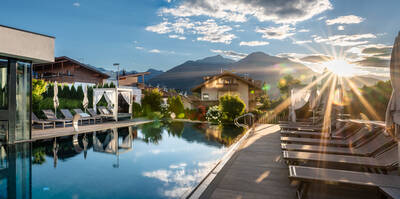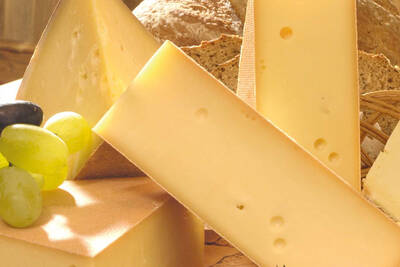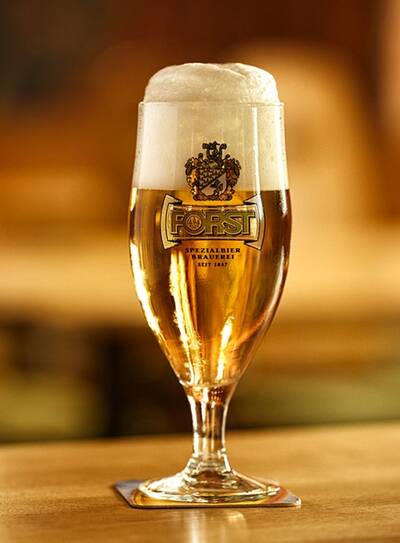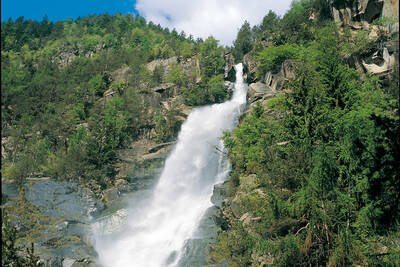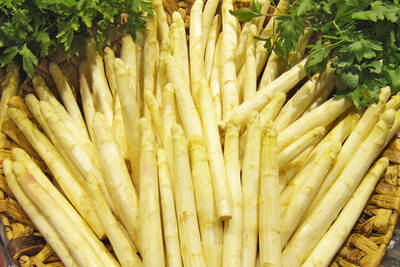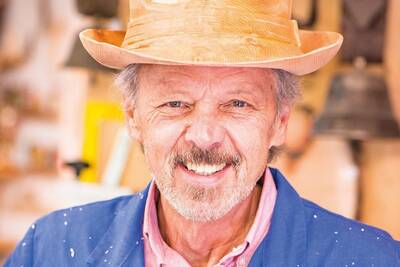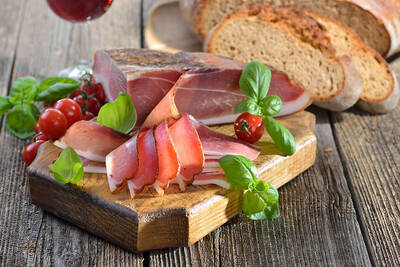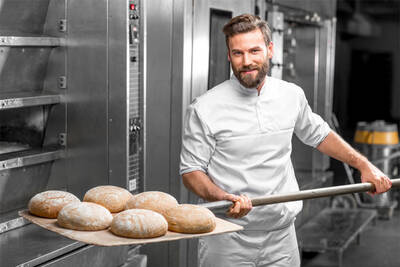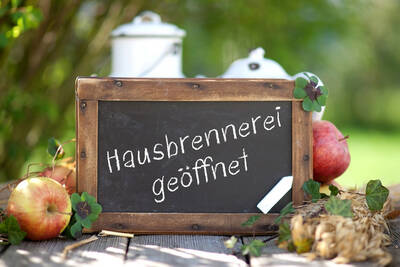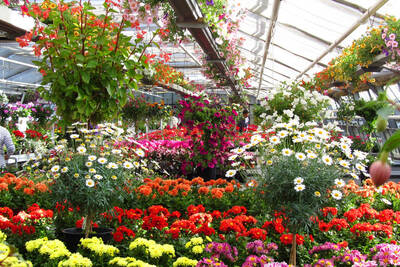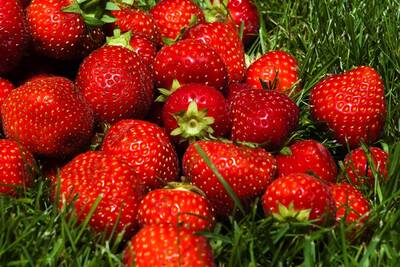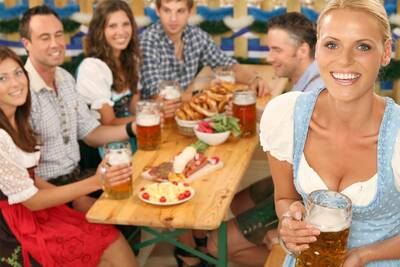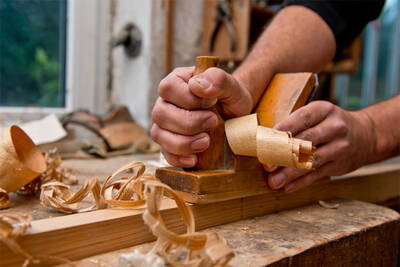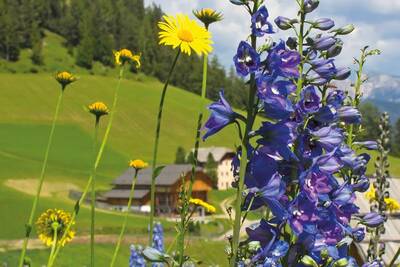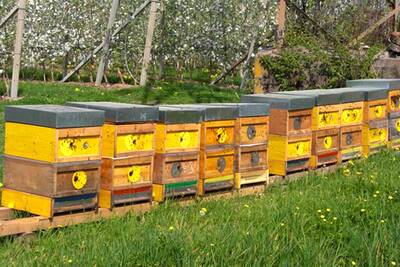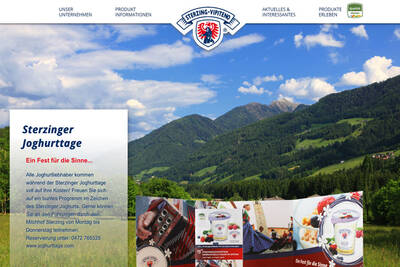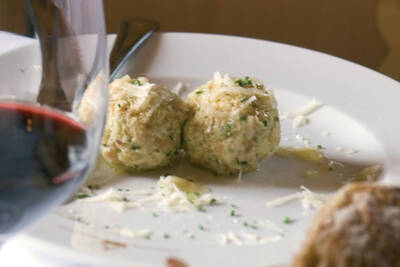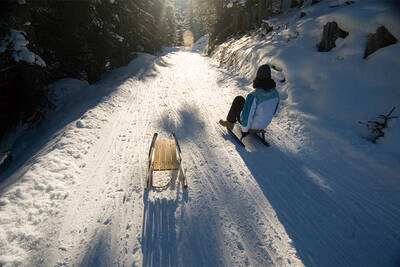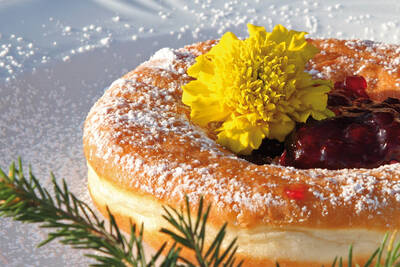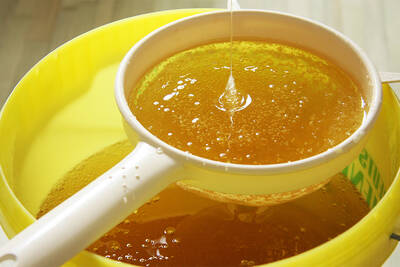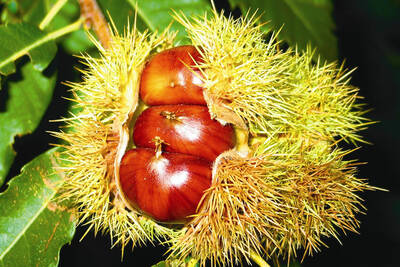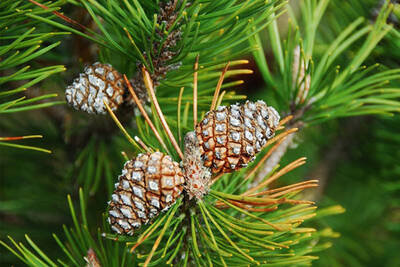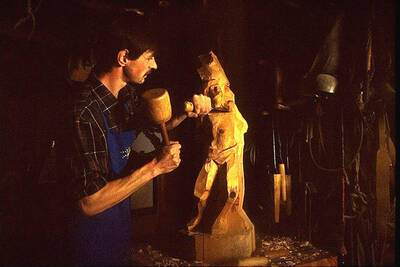Since 2005, 11 South Tyrolean apple varieties have also been recognized as a regional specialty throughout the EU and awarded the g.g.A. quality seal (protected geographical indication)! The designation "g.g.A." guarantees high and tested quality standards, originality, and environmentally friendly cultivation.
Approximately 950,000 tons of apples are harvested annually in South Tyrol; this corresponds to 12% of the European and 50% of the Italian apple harvest! About half of this is exported to Central and Eastern Europe, with Germany accounting for two-thirds of the export volume.
For millennia, the apple - whose origin incidentally lies in Asia - has been a valuable food. Rich in vitamins (especially vitamin C and E), trace elements (pectin), and minerals (potassium!), it is a natural source of energy that quenches thirst and satisfies hunger. With a single (raw) apple, you provide your body with 20% of the daily requirement of vitamin C, 25% of the daily requirement of vitamin E, and 10% of the required fiber. Most vitamins and minerals are actually found in the skin, so be sure to eat your apple unpeeled.
In earlier centuries, apples were mainly grown by farmers in South Tyrol for self-sufficiency. But even then, apples were exported and were considered a luxury item - for example at the imperial court. Today, the cultivation area for the South Tyrolean apple extends from Salurn in the south, through the Adige Valley and the hills of the Burgraviate, to the Vinschgau. Apples are also grown in the Eisack Valley and in the vicinity of Brixen. The total cultivation area is approximately 18,000 hectares, making it the largest contiguous fruit-growing area in Europe. Nevertheless, most of the 8,000 farms - mostly family farms - are relatively small, averaging 2.5 to 3 hectares. In South Tyrol, traditional emphasis is placed on environmentally friendly cultivation methods.
In the so-called "integrated cultivation," the focus is on first utilizing the natural resistance of nature, meaning that beneficial organisms are conserved and their spread is even deliberately promoted. Nest boxes are set up for tits, hoopoes, and other cavity nesters, while stone piles are left or built for weasels or snakes. Selected plant protection products are only used in exceptional cases, and whenever possible, pests are confused and prevented from multiplying through the targeted use of scents.
Since the 1980s, organic apples have also been grown in South Tyrol, both in organic-biological cultivation, i.e. close to nature without chemical-synthetic plant protection products and fertilizers, and biodynamically according to the teachings of Rudolf Steiner. Overall, organic production in South Tyrol already accounts for approximately 4% of the total apple harvest, making South Tyrol the largest organic apple supplier in Europe!
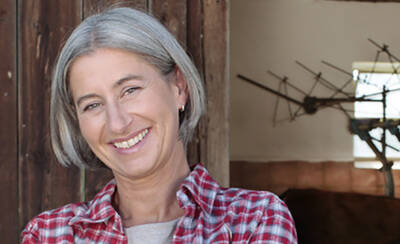 A tip from the farmer Gretl, who runs a farm in Tyrol with her family.
A tip from the farmer Gretl, who runs a farm in Tyrol with her family.







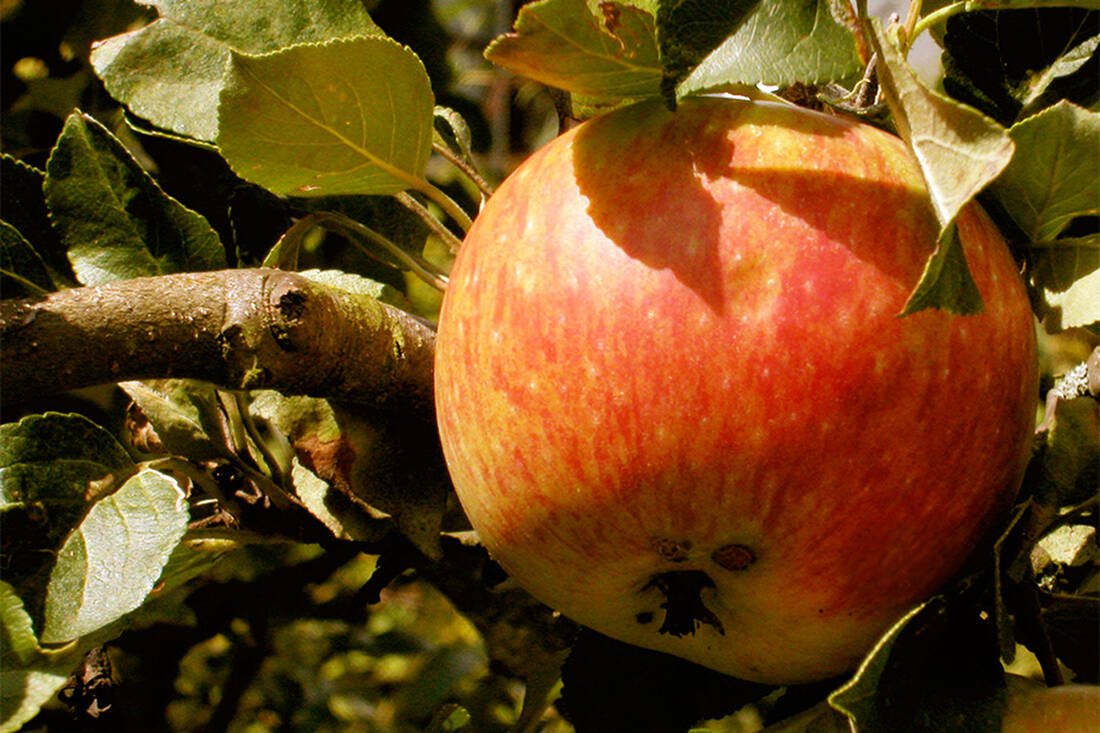
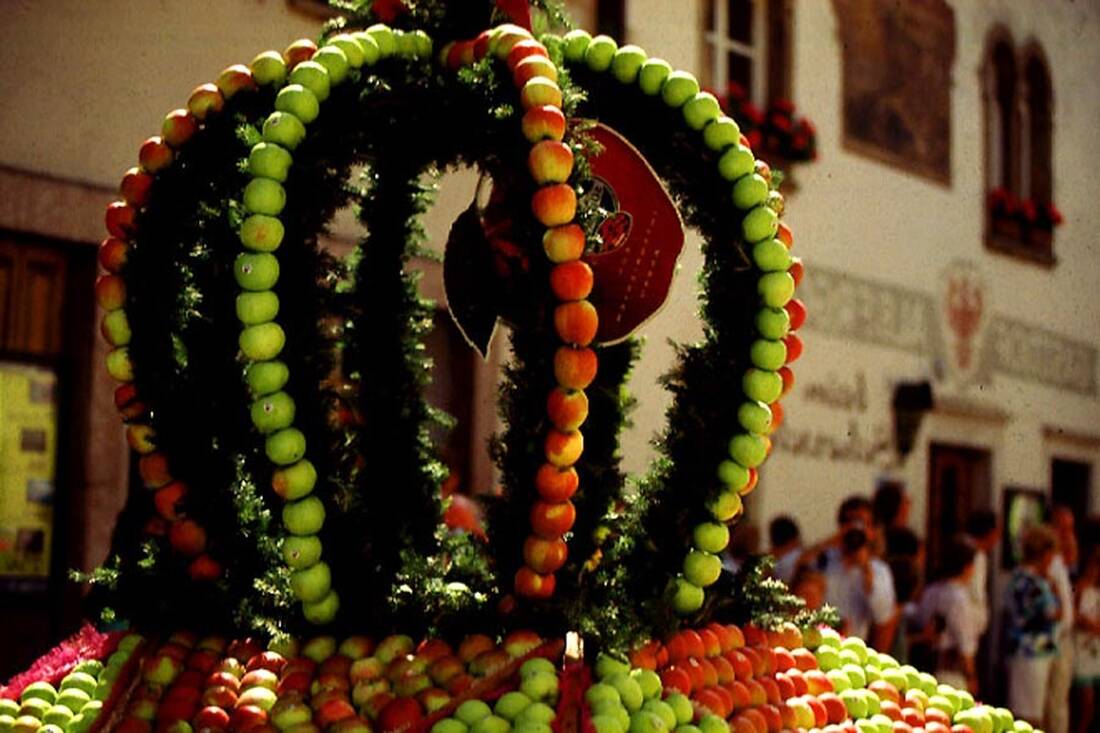
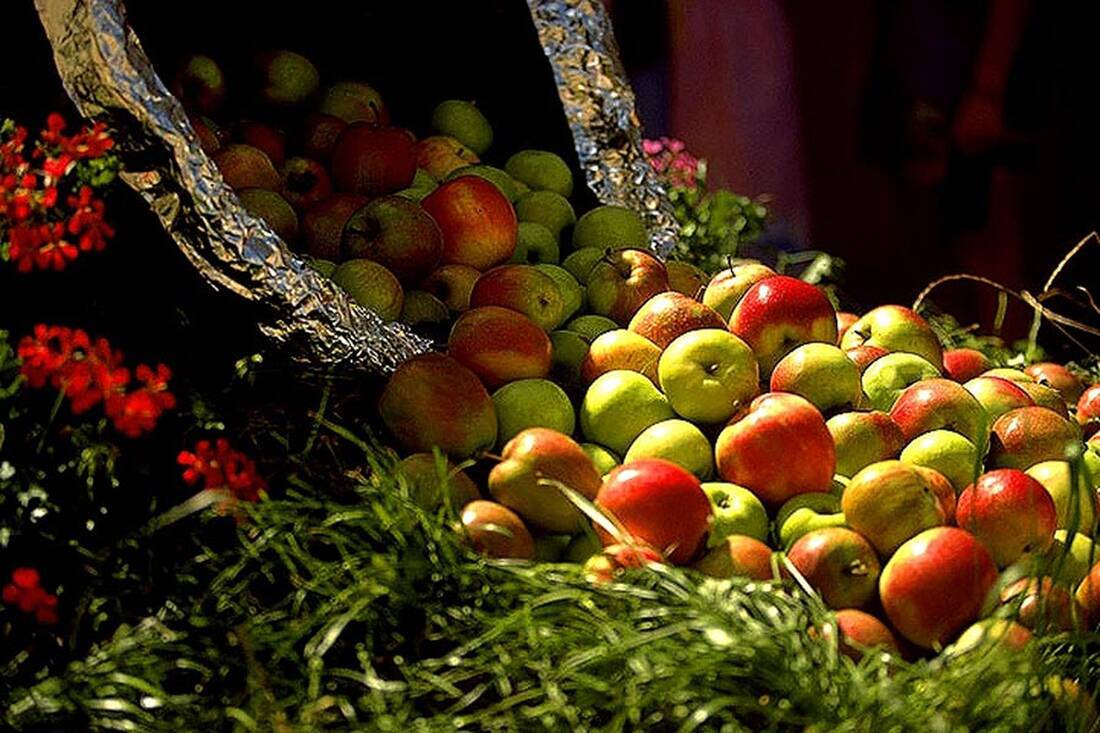
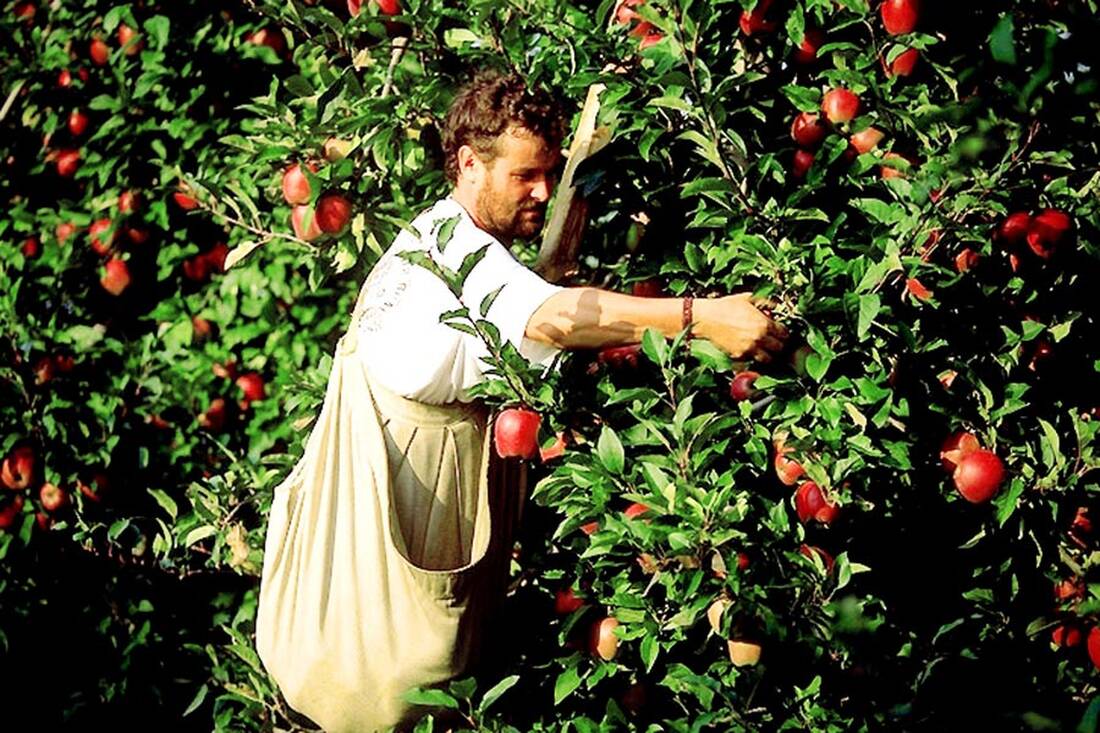
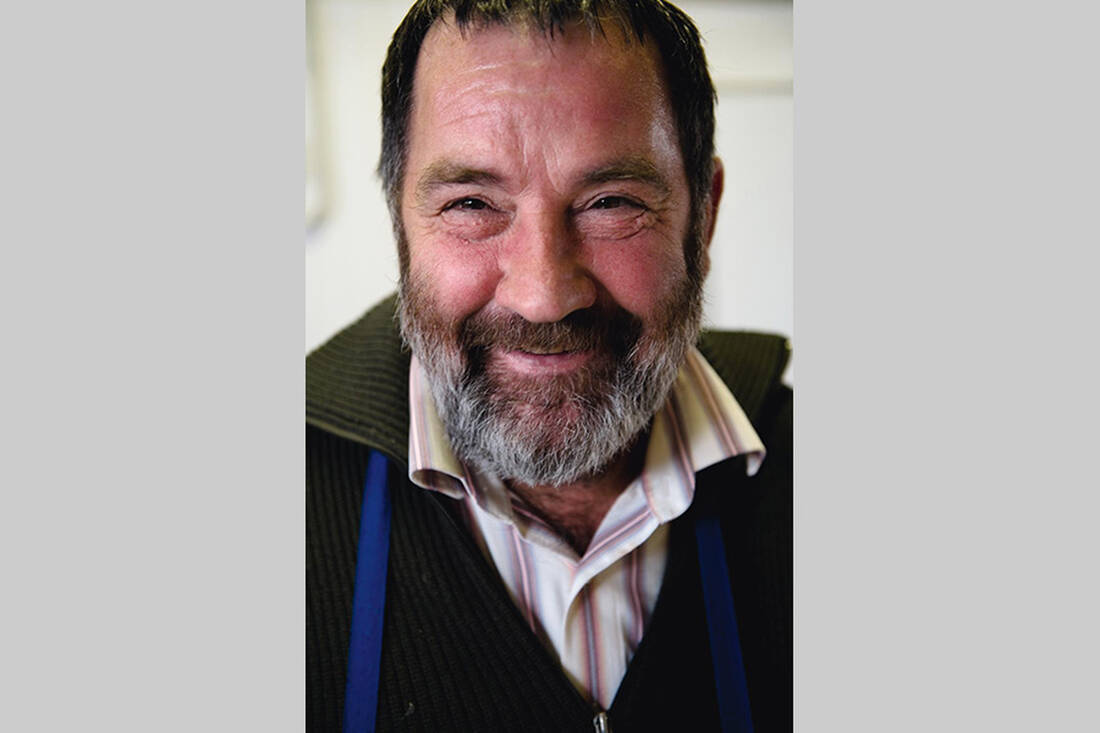
 How do you like the content of this page?
How do you like the content of this page?